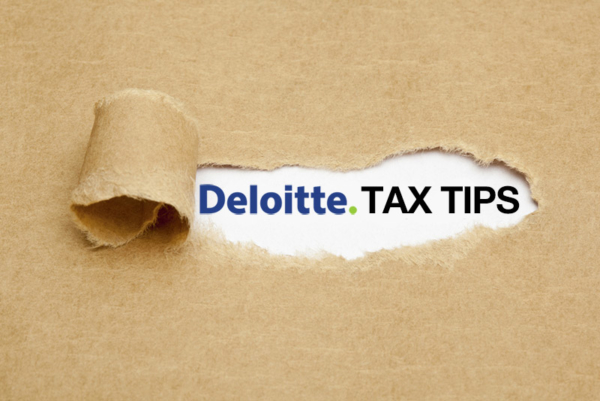
AS the January tax deadline approaches, leading international law firm, Deloitte, has published a quick crib sheet to help UK sole traders and SME companies.
Patricia Mock, Deloitte tax director, says: “Many people only begin to think about filing a tax return as the new year starts. However, leaving it until the last minute is not sensible or good for the blood pressure, particularly as there is a £100 penalty if a return is filed late, whether or not the tax due has been paid. Last year around 750,000 returns were filed late.”
Deloitte’s top tips to filing a self-assessment form with ease:
- Do you have tax to pay?
Even if a return has not been issued by HMRC, it is up to taxpayers to notify HMRC that they have tax to pay and to register for self-assessment and file a return. Technically, notification of chargeability needs to be done by 5 October following the tax year, and there are penalties for late notification. However, if the tax is paid by 31 January 2015 there is no penalty for late notification.
Many people are not aware of whether they have extra tax to pay but this may well be the case if you are for example self-employed, receive rental income, have untaxed income such as bank interest, or have made capital gains over the annual exemption of £10,900 for 2013/14.
- Make sure you register to pay early
If you do need to register, this can be done online at by clicking here. This will generate a Unique Tax Reference and mean that a tax return will be issued. Registration for online filing is a separate process and is done by clicking here. Note that this process can take a number of days as HMRC need to send an activation code (which must be activated) in order to use the account. HMRC states that getting an activation code takes seven working days but up to 21 if the taxpayer is abroad, so an early start is essential.
Once an account has been activated most returns can be filed online and this is reasonably straightforward using HMRC software. However in some cases, those with income from partnerships or trusts or estates, HMRC software cannot be used and separate software will need to be purchased. Such returns can be filed on paper but only up to 31 October in the previous year, so this is now not an option.
- Making sure you have the paperwork to hand
Remember to get all the relevant information together before you start to work on the return, covering not only income, but also claims for deductions, for example; expenses of self-employment and rental income, pension contributions other than those deducted from pay by employers, Gift Aid contributions etc. While provisional figures can be used if the final figure is not available, it is important to provide the final figure as soon as possible. Also bear in mind that HMRC can charge penalties when returns are amended if the original return is considered to have been filed ‘carelessly’, this can be widely interpreted by HMRC. Other things to consider include:







